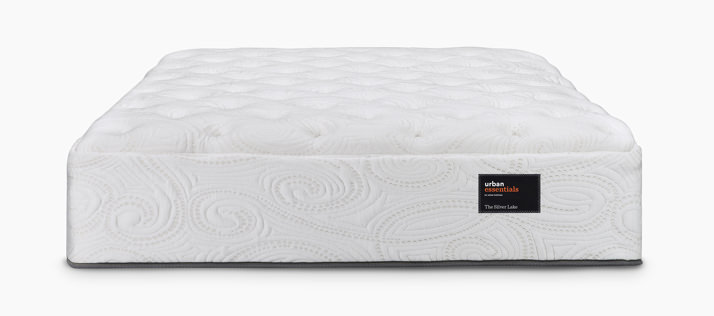If you’ve ever done yoga, you know it feels pretty great. It strengthens your body and increases flexibility, helps you tune in and leave your busy life behind, improves range of motion and offers a great workout—all while helping you relax!
Deep, intentional breathing is a big part of yoga practice. And now, one expert is claiming breathing is a big part of getting to sleep, too.
Dr. Andrew Weil at the University of Arizona has pioneered a breathing technique called the “4-7-8” method that he claims will help insomniacs drop off in less than a minute!
The idea behind the technique is that by breathing deep and long, holding your breath and then exhaling with a “whoosh,” you can instruct your body and mind to relax.
The Telegraph quotes Dr. Weil:
“This comes from yoga and in yoga breathing you have to keep the tip of the tongue behind the upper front teeth,” he said. “You breathe in through your nose quietly and blow air out forcefully through your mouth making a whoosh sound. It takes all of about 30 seconds so there is no excuse for not doing it. It produces a very pleasant altered state of consciousness.”
Dr. Weil says it might not work immediately, but if you do it twice or more a day, in 4-6 weeks you’ll see amazing changes and sleep will come easier.
The method promotes calm by filling the lungs with oxygen and connecting brain to body, whereas rapid breathing tells the body it is stressed and can release harmful stress hormones.
How do you do it?
- Exhale all the way through your mouth with a “whoosh.”
- Breathe in slowly through your nose, mentally counting to four.
- Hold your breath while counting to seven.
- Exhale completely through your mouth with a “whoosh” again.
- Repeat three more times.
Weil says “4-7-8” can help with lots of things, including lowering stress levels, managing cravings and emotions and aiding digestion.
Research has shown that deep breathing exercises like this one can indeed impact the pH levels in blood and lower blood pressure.
The CDC (Centers for Disease Control and Prevention) has named insufficient sleep a “public health epidemic” in America. It estimates that 50-70 million Americans have a sleep or wakefulness disorder—and that doesn’t necessarily count those of us who can’t sleep sometimes, simply because we’re stressed!
Back in 2007-08, the CDC found that more than 23 percent of Americans say they can’t sleep because they’re “concentrating on things.” That’s more than 49 million people! More than 18 percent said they couldn’t sleep thanks to “remembering things.” That’s nearly 39 million people.
Either of those ring a bell?
It’s our crazy lives. We pack so much in and are inundated by new information and inputs all the time. Plus, we don’t give ourselves permission to truly zone out for any length of time.
It seems ridiculous that we have to hear it from a university researcher to pay attention, but there it is, folks: Breathe. Slowly. It’s that simple. (Or at the very least it’s worth a try!) And maybe stare at the wall for a while.
Does this technique of deep breathing for sleep work for you? We’d love to hear your thoughts—drop us a line here or on Facebook!

